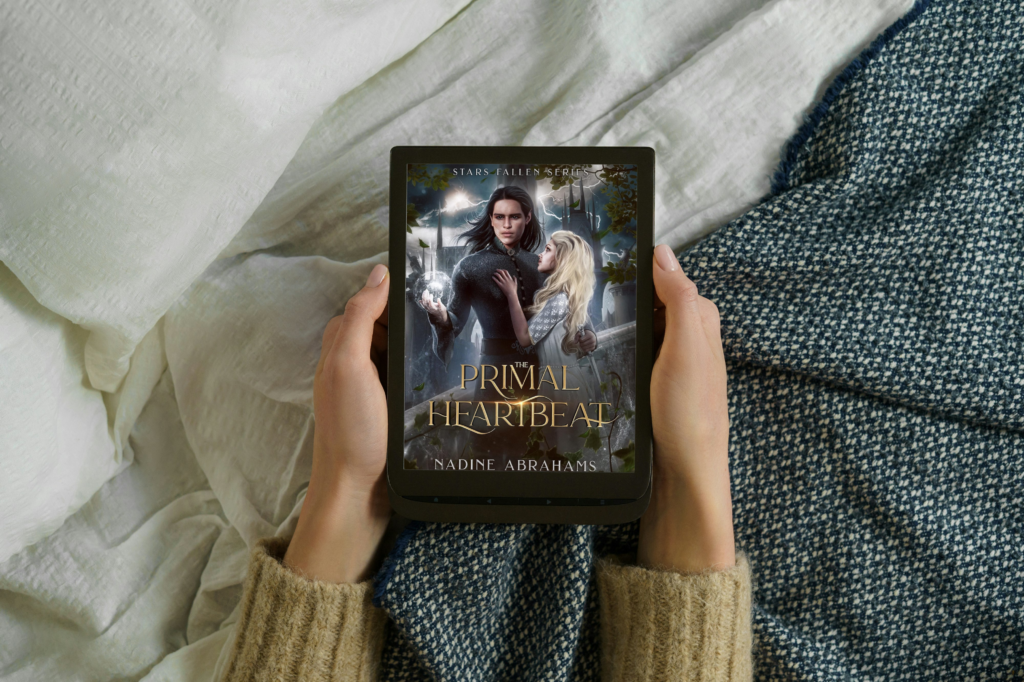Not every ARC is a home run. When a book lands squarely in the middle—neither a favorite nor a flop—it can feel awkward to review. Here’s how to handle those “meh” reads with honesty and respect.
Not every ARC hits you in the feels. Some are just…fine. You didn’t DNF it. You don’t regret reading it. But it didn’t knock your socks off either. So what now?
Do you skip the review because you don’t have strong feelings? Or do you post something just to fulfill the commitment?
Here’s how to navigate those in-between reads while still being thoughtful and helpful.
Why Middle-of-the-Road Reviews Matter
Authors need a mix of reviews—not just glowing 5-stars or disappointed DNFs. A well-written 3-star or “it was okay” review can still help other readers decide if the book’s for them.
In fact, balanced reviews often come across as more credible because they acknowledge nuance. Maybe the pacing was slow, but the world-building was rich. Maybe the romance didn’t quite work, but the friendships were strong.
That kind of insight helps both readers and authors.
How to Write a Balanced Review
If a book didn’t wow you but wasn’t bad, aim for a fair and constructive tone. Here’s a simple structure you can follow:
Start with what worked.
Highlight one or two elements that stood out—even if they weren’t your personal favorites. Maybe the premise was intriguing or the author’s writing voice was unique.Mention what didn’t click (gently).
Keep it honest but kind. “I had trouble connecting with the characters” or “The pacing felt a little uneven” is fair. You’re not slamming the book—you’re sharing your experience.Suggest who might enjoy it.
This is one of the most helpful things you can include. Just because it wasn’t your thing doesn’t mean someone else won’t love it. Try something like:
“Fans of slow-burn mysteries with atmospheric settings may enjoy this one more than I did.”Avoid “meh” as your entire review.
It’s okay to feel that way, but try to expand. A short, dismissive review doesn’t help anyone, and it can come off as lazy or disinterested (even if that’s not your intent).
You Don’t Owe Praise, But You Do Owe Respect
ARC readers aren’t obligated to gush—but a thoughtful, respectful tone goes a long way. Authors are putting their work out there and trusting you with early access. Even a lukewarm review can be kind.
If you’re ever unsure, try asking yourself:
“Would I be okay receiving this feedback?”
“Is this review helpful to someone who might want to read this book?”
When You Really Don’t Know What to Say
If you feel stuck or too neutral to write a full review, consider a short bullet-point list.
Example:
Interesting premise and well-written dialogue
I struggled to stay engaged in the middle
Might appeal more to fans of character-driven fantasy
Or if you’re really not up for it, it’s okay to send a quick message to the author or ARC team to say:
“This one didn’t leave a strong impression, and I don’t feel I can write a useful review. I’m happy to support the release in other ways.”
FAQ
Q: Are 3-star reviews bad?
A: Not at all! A 3-star review means the book was okay—readable, possibly enjoyable in parts, but not a favorite. That’s valid and still valuable.
Q: Should I skip reviewing if I don’t have much to say?
A: Not necessarily. Even a short, balanced review can help. But if you truly have no helpful input, focus on supporting the author in other ways (shares, shoutouts, etc.).
Q: Will authors be upset by neutral reviews?
A: Most understand that not every book will be loved by every reader. As long as your review is respectful, you’ve done your part.
Have a burning question about ARCs—whether you’re an author or a reader? Drop it in the comments, and it might just become a future ARC Dive post. Let’s keep the conversation honest, helpful, and pressure-free.





